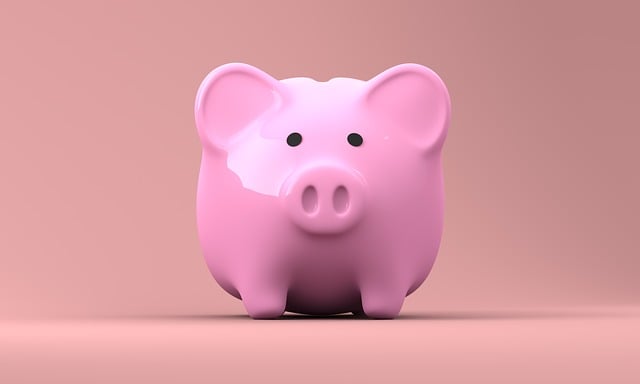The yen surged to a two-week low on Friday amid reports that Prime Minister Shinzo Abe will resign, but the dollar is struggling to move elsewhere, with US rates weighing on the greenback for a short time.
Abe will be stepping down as the nation’s longest serving prime minister, due to his deteriorating health, a ruling party official said. There were weekly ulation rumors about his health.
The falling yen is up 0.5% to a session high of 106.10 per dollar in the news before dropping a fraction to 106.32.
Given Japan’s status as the world’s largest creditor country, the yen is considered a safe haven. Analysts said it jumped on the news of Abe’s resignation as political uncertainty prompted Japanese investors to return the money and turn it into a yen.
Also read: How Japanese Prime Minister Shinzo Abe resigns
“There is a little bit of anxiety and anxiety as he has been serving as prime minister for a long time, and there may be some uncertainty if he goes with him,” said Bank of Singapore currency analyst Moh Siang Sim.
“Maybe Abenomics is coming to an end,” he said. “And maybe we can see some return and that’s why the yen is a little stronger.”
However, Sim added that he did not expect a lasting impact on the yen because any successor could be Abe’s ally.
“I’m not convinced this will have a lasting impact on the yen
Ulation rumors about his health and tenure have skyrocketed since Abe recently visited the hospital twice. He has battled chronic disease ulcerative colitis.
News has hit the yen crosses and the Japanese equity market but trade in other currencies does not seem to be dull.
After the speech of Federal Reserve Chair Jerome Powell, the dollar was under pressure in Asia, in which the central bank said it would adopt an average inflation target – meaning that rates will remain low even if inflation rises slightly in the future.
The overnight rise in US yields as high-inflation-backed markets backed the greenback early in the Asia session. But as investors’ day turns to dollar sellers once again, US rates remain low, even if inflation rises.
The Australian dollar rose 0.5% to a 20-month high of $ 0.7303 and the Kiwi rose $ 0.6668 to the same range.
The euro added 0.4% to 18 1.1867, as investors sought to increase US yields to return on dollar sales. The pound rose half a percentage point to 32 1.3260.
Powell said the Fed would try to achieve an average of 2% inflation, so that it could follow an effort to raise the lowest inflation to over 2% for some time.
“Jay Powell’s speech is disgusting to the dollar over the medium to long term because US real interest rates are likely to fall into negative territory,” said CBA currency analyst Joe Capurso.









